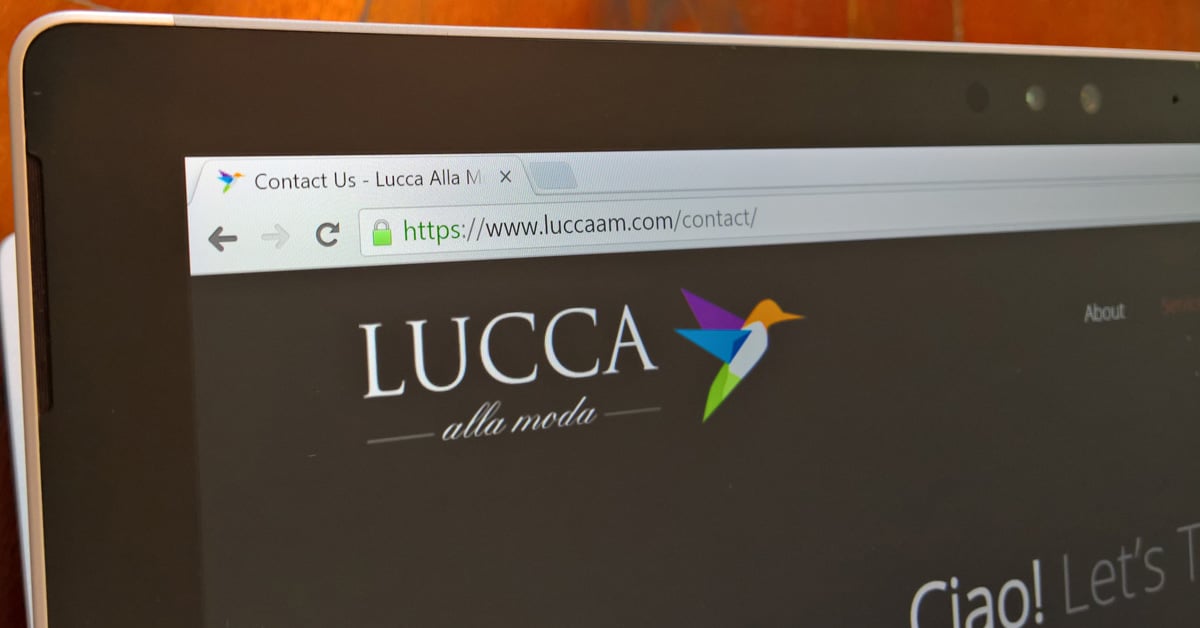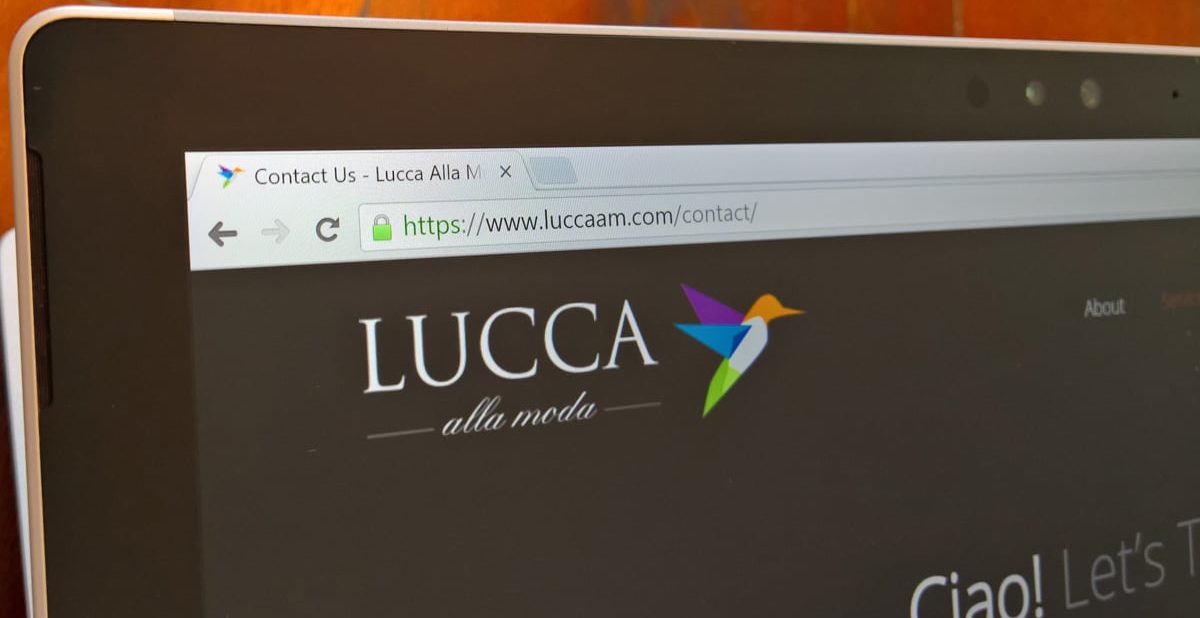As the internet has evolved so has its needs. In the past, only forms and sections of a website that transmitted highly sensitive information, such as a checkout page that collected a user’s credit card, was protected by an SSL certificate. Today there is a transition happening, which includes shifting your website from HTTP to HTTPS. There are 3 main reasons to make the switch.

1). Google
Google now says HTTPS plays a factor in its ranking. Being an agency, we know how hard we and our clients fight for every advantage we can to get a higher ranking. When Google says something plays a factor in your ranking, it’s important to listen. Why would Google do this? Looking through the good intentions set of glasses for Google, they want a safe experience for their users. This brings us to our next point.
2) Security
HTTPS encrypts all communication, including URLs, which protects things like browsing history and credit card numbers. With HTTP, information is transmitted in plain text which makes it easier for traffic sniffing (eavesdropping) and man-in-the-middle attacks. If a company has a shopping cart and only the checkout pages are utilizing HTTPS, a hacker could attack an insecure page (HTTP) and redirect an “add to cart” button, for example, to go to a 3rd party site to steal sensitive information. Having entire HTTPS site can protect against these types of attacks. It’s important to note that it won’t make a website safe from all attacks. No single method can, but it can greatly increase the security of a website.
3) Trust
Web browsers will start to mark HTTP websites as insecure. Today, an HTTPS page will include a green bar or padlock in the address bar. Google and Firefox have both stated that they will mark HTTP sites as first dubious and then insecure. The reason is that HTTP connections are insecure since there is no encryption taking place. By remaining on HTTP, your website could convey to your users that it’s insecure and drive away visitors.
How do I switch my website to HTTPS?
There are a few steps involved, but the first one is to get an SSL certificate if you don’t already have one. You can buy an SSL certificate from as low as $10/yr. up to around $60/yr. on average. There are even a few free SSL services out there, but we recommend buying your own, especially if you are using your website for business purposes. After, purchasing your SSL Certificate and getting it configured with your web host, you will want to redirect users from HTTP to HTTPS. There are proper steps to take to make sure you don’t cause broken links or disrupt your search rankings, but your website can make the switch in a short period of time.
Interested in switching your website? We can help you make the secure switch.
FAQs
Are meta keyword tags still relevant for SEO?
No, meta keyword tags are no longer relevant for SEO as search engines like Google dropped their importance due to keyword spamming. However, title tags and meta descriptions are still crucial as they impact click-through rates on search engine result pages.
Do I need hundreds of backlinks to rank higher on search engines?
No, it’s more beneficial to have a few high-quality backlinks than hundreds of low-quality ones. Backlinks from reputable, high-traffic sites like Google or Yelp carry much more weight than those from low-ranking sites.
What is keyword stuffing, and why is it bad for SEO?
Keyword stuffing is the overuse of keywords within content to manipulate search rankings. This practice can make your content awkward to read and lead search engines to flag your site as spam, which can significantly harm your website’s ranking and reputation.
How can outdated SEO practices hurt my website?
Outdated SEO practices, such as relying on meta keyword tags or excessive backlink building, can lead to poor optimization and even penalties from search engines. This can waste your SEO budget and damage your site’s ranking, making it harder to recover in the long term.
- 5 Tactics for Increasing Black Friday and Cyber Monday Sales in 2024 - March 5, 2024
- 5 Most Important Google Ads Metrics - July 11, 2023
- What is Headless Commerce? - May 23, 2023
